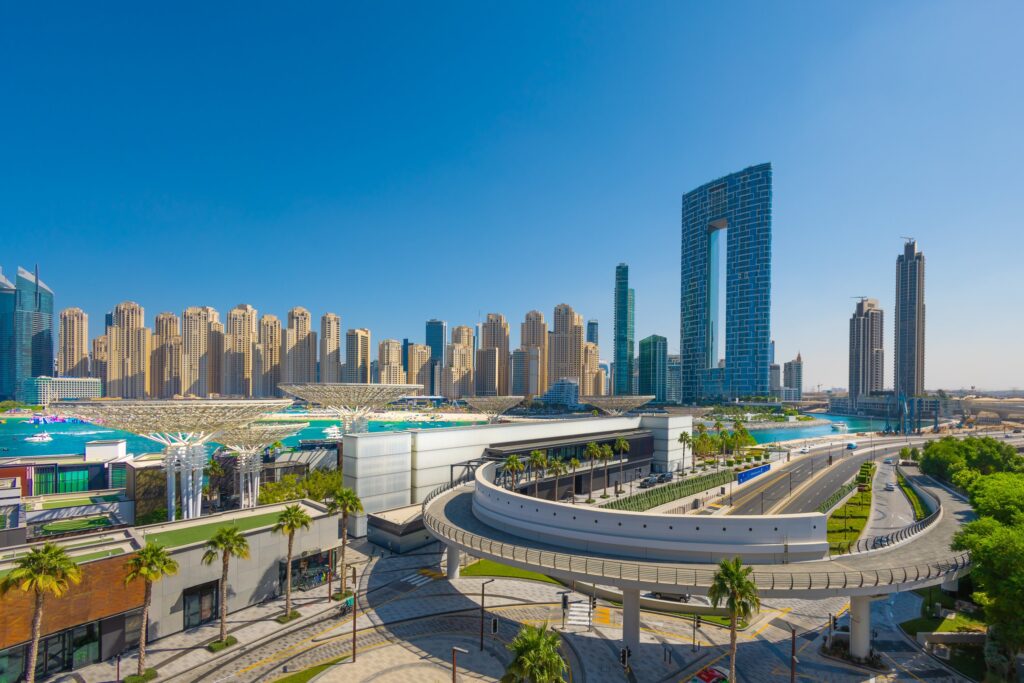Dubai attracted 9.88 million international overnight visitors between January and June 2025, marking a 6% year-on-year rise, according to the latest figures from the Dubai Department of Economy and Tourism (DET). The results further cement the city’s global status as a hub for both leisure and business travel.
Tourism momentum supports Dubai’s D33 strategy
This growth in arrivals corresponds with the objectives of the Dubai Economic Agenda D33—an initiative focused on boosting economic development by making tourism a key growth sector and positioning the emirate as an attractive destination for both residents and global investors.
Sheikh Hamdan bin Mohammed bin Rashid Al Maktoum, Crown Prince of Dubai and Chairman of The Executive Council, credited the progress to the leadership of Sheikh Mohammed bin Rashid Al Maktoum, Vice President and Prime Minister of the UAE and Ruler of Dubai.
“Dubai’s steady growth as a focal point for trade, investment, talent and opportunity and its rise as the world’s most connected city,” Sheikh Hamdan said. “Dubai’s ability to create compelling experiences that meet the evolving needs of visitors has strengthened its status as one of the world’s most sought-after destinations.”
Visitor demographics reveal broad international appeal
DET’s breakdown shows that Western Europe led all source markets with 2.1 million tourists, making up 22% of total arrivals. Both the CIS and Eastern Europe, along with South Asia, accounted for 15% each. Visitors from the GCC totalled 1.51 million, and those from the MENA region reached 1.12 million—together representing 26% of total figures. Additional contributions came from North East and South East Asia (9%), the Americas (7%), Africa (4%), and Australasia (2%).
Helal Saeed Almarri, Director General of DET, highlighted the city’s adaptability in navigating external economic pressures such as inflation and changing consumer habits.
“Our focus on enhancing visitor experiences through technology, investing in luxury and wellness, and promoting cultural exchange has kept Dubai on an upward trajectory,” Almarri said.
Hospitality sector sustains upward performance
Dubai’s hotels performed strongly in the first half of the year, achieving an average occupancy rate of 80.6%, up from 78.7% during the same period in 2024.
Occupied room nights increased to 22.24 million, with the average guest stay lasting 3.71 nights. The average daily rate rose by 5% to $159 (AED 584), while revenue per available room (RevPAR) grew 7% to $128.2 (AED 471).
As of June 2025, the city’s hospitality inventory included 152,483 rooms across 822 hotel establishments. New openings that contributed to this expansion included Jumeirah Marsa Al Arab, Cheval Maison in Expo City, The Biltmore Hotel Villas, and Vida Dubai Mall.

